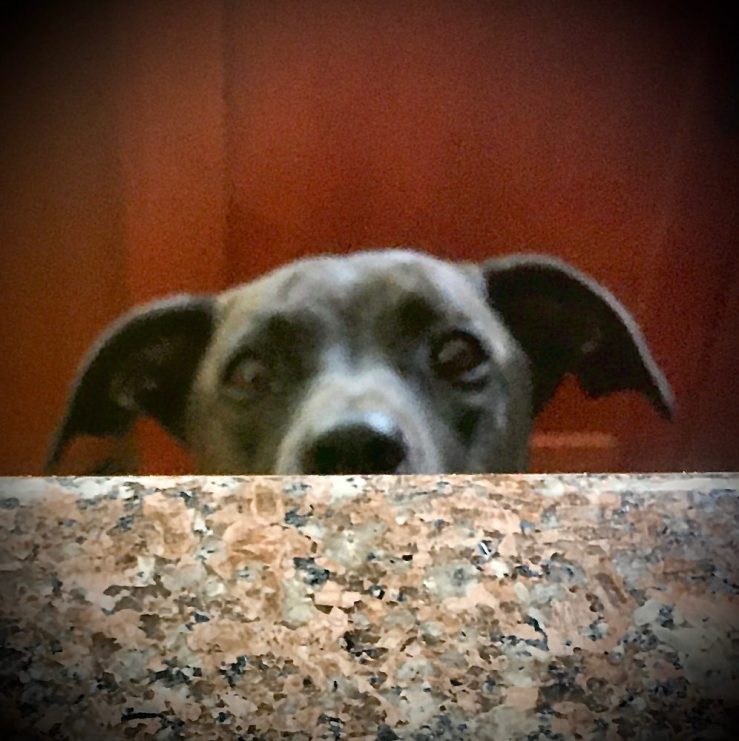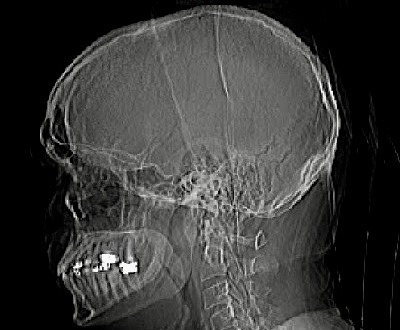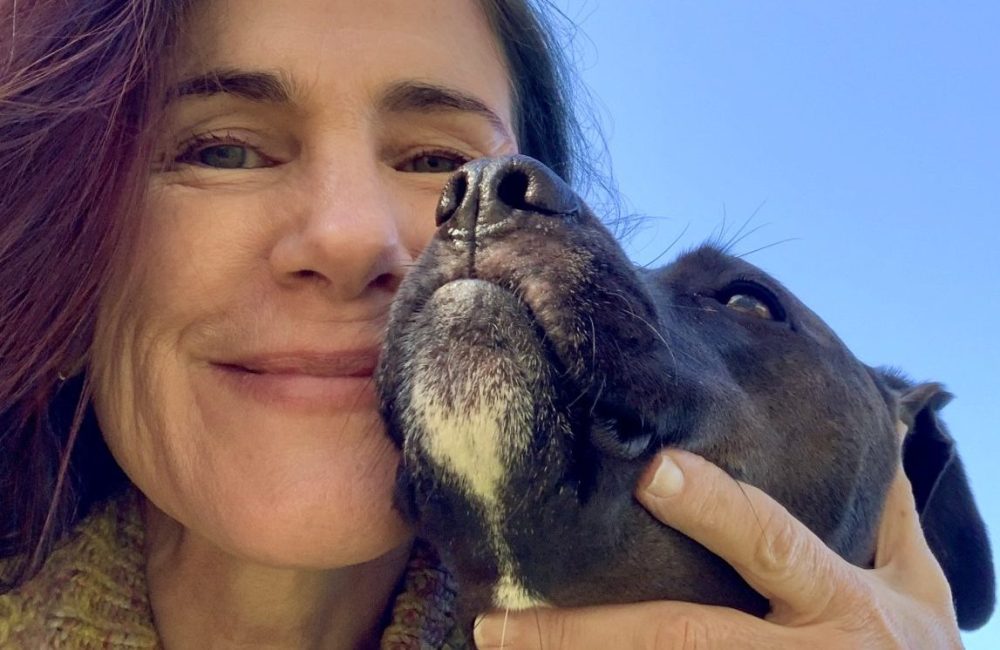
What kind of eater are you? Writer, reader, whatever you do for fun (I’m working on my novels, “Flamenco & the Sitting Cat’ and “Tango & the Sitting Cat”), you gotta eat, right?
I’m sort of vegetarian — more pescatarian — more accurately hypocritical — but definitely not vegan.
Whatever one is or isn’t, I believe the thoughtful — and emotional — life is best. The idea of considering one’s actions, being honest with oneself and the world at large mean a lot to me. Particularly because I believe not being so causes harm, i.e., people doing bad things to themselves, each other, their pets, the environment. I’m no expert, though. The only thing I know for sure is that generalizing generally gets me in trouble.
So for the rest of this post I’ll stick to worrying about myself. I’ve written about what my pets have taught me here and here and here…
For a long time, I didn’t really want to eat meat, but I ate it because the vegetarians I knew were so insufferable that I didn’t want to be anything like them. For one thing, they were awful to eat with, the way they’d badmouth nearby meat-eaters and discuss food in unwholesome ways. But as someone who too often bends backward to be understanding and accommodating, who am I to speak badly of vociferous vegetarians?
What I can say is one day I attended a BBQ. One where the hosts had purchased ribs as I’d never encountered them before; long racks of them, as boney and white-pinkish as mine! I can’t remember if I ate some to be polite. What I know is that very night I had a nightmare wherein I ate the little lovebird I owned at the time. It didn’t help that around then (in real life, I mean) it seemed convenient, tasty, and nutritious to once a week or so rinse a dead refrigerated Cornish game hen and dump it into a crock pot with veggies. How grown up of me — Voila! — dinner awaited as soon as I got home from work!
After aforementioned BBQ, the next time I rinsed a little boney pink-white-grey game hen — I thought of my ribs, my pet bird who was named Gumbie for her adorable putty green feathers, and the nightmare.
I can’t remember if I immediately — “cold turkey” harhar? — stopped eating flesh. Maybe I ate whatever was left in the fridge as it would’ve been beyond disrespectful to toss the corpse remains in the trash….
What I’m sure of is the convergence of discomfort woke me to the fact that I was foolish to eat meat only because I didn’t want to be like the sort of folks I could never anyway be.
It wasn’t hard to stop. The meaty meals I enjoyed had to do with the stuff on them, the sauces and such. And I’ve always loved veggies and fruit and nuts and beans and grains and the like. Good chance less meat would clear space for more of the better stuff, assuming I didn’t fill said “meat gap” with candy. That I could easily do as I love chocolate, but I didn’t. Not much, at least.
The first year, to be social, I ate a lot of grilled cheese sandwiches. I was taken aback by just how much meat some people consume when I heard lots of, “I would starve if I didn’t eat meat. What do you eat?” The trickiest situations were eating at people’s homes until I realized I should just bring a good veggie dish to share. As a result, I found people enjoy veggies a lot more than they think, so long as they’re prepared nicely. In fact, at parties, it’s the veggie pizzas that usually finish before the meat ones.
But I eat fish sometimes. So I’m a hypocrite. Though I don’t go out of my way to eat fish meals…
Eating is complicated. For all the health advice I’ve encountered, stress is hands down the worst thing for us. And eating can be super emotional. So if not eating meat is going to stress anyone out, not that anyone seeks my opinion on this, I’d say just go ahead and eat some, but try to do it with thought and compassion.
For sure don’t heap more of it than you can eat on your plate and then throw it away. That animal died for you, after all, unwilling as it was. And try to make sure it had a halfway decent life before it was led into a slaughterhouse or tossed into boiling water or…
Why am I telling you all this?
Because I recently stumbled onto “Infidel753: we are not fallen angels, we are risen apes,” a blog filled with so many genius posts that I asked Mr. Infidel753 to guest blog post here for you! The following post he wrote for us is what inspired my preceding aside. BTW, with all the quarantining, like him, between no social eating and exercising more regularly since now I do it on zoom without having to add in a commute, I’m now actually healthier.
Born in the United States since his parents arrived here from Britain, Indfidel753 blogs from Portland, Oregon. He’s been to the UK, Syria, Jordan, Egypt, Germany, Ukraine, and Japan, and hopes to travel some more. Though he earned degrees in Middle Eastern history, he works in something secret that’s other than academia. A blogging pioneer, he started in 2006! He’s blogged here also about when he helped women seeking safe abortions and a couple of his meditations here.

Pursuing health in a land of sickness by Infidel753
It started with the pigs.
For most of my life I ate pretty much like a typical American. That included eating meat, with little or no thought to what meat is or where it comes from. But due to a long-standing interest in evolutionary biology, I steadily learned more and more about animals — including how similar they, especially other mammals, are to humans in many ways. Did you know, for example, that the other great ape species have the same blood types as we do — A, B, O, etc? In the case of chimpanzees the blood chemistry is close enough that transfusions between species would be possible, with individuals of the same blood type.
Around 2008 my reading made me aware that pigs, in particular, are at least as intelligent and emotionally sophisticated as dogs. This made me uncomfortable with the thought of eating their meat. Most people, at least in the West, would not be comfortable with eating dog flesh because we think of dogs as quasi-persons. But I realized that eating pig meat was no different — so I stopped doing it.
Over time, as I learned more, I extended the same principle to mammals generally. Cattle and sheep are not as intelligent as pigs, but they’re also self-aware creatures, and I could simply no longer blank out the knowledge that what I was eating was part of the corpse of a conscious being. Finally I gave up meat altogether. Even animals like chickens and fish seem obviously self-aware to some extent, and they certainly have the capacity to suffer.
And suffer they do. Most meat now is produced on factory farms, where animals are kept in horrific conditions of overcrowding and immobility, constantly dosed with antibiotics to suppress the infectious diseases which would otherwise run rampant under such conditions (and even so, disease is often widespread). Unlike many vegetarians, I don’t really like animals — they’re unpredictable, generally not very clean, and in many cases dangerous; I don’t like having them around me. But I don’t like the thought of them suffering.
But I still hadn’t grasped the implications for human health. If anything, I worried that eliminating meat might lead to malnutrition. I still ate things like eggs and cheese, as well as the wide range of processed junk that makes up so much of the “normal” American diet.
By the beginning of 2020 I knew I needed to do more. I had lost some weight, but at 225 pounds and 5’11″ I was still clinically obese, and I was about to turn sixty. That put me in the express lane to a stroke or a heart attack. I started educating myself about health and came to realize that animal by-products like cheese and eggs are probably even more toxic to the human system than meat is.
The pandemic was the final straw. It soon became clear that if you catch covid-19, overall health has a lot of impact on how badly it harms you. I observed rigorous isolation to avoid the virus, but I knew I couldn’t absolutely eliminate the risk of catching it. So I cut out all the remaining animal products and most of the junk food. It was, I suppose, partly a way of feeling proactive and taking action rather than being passive in the face of the viral threat.
I also became something of a fanatic for learning as much as I could about the effects of various kinds of food on the human body. Human anatomy and biochemistry are those of a herbivorous animal, not an omnivorous one, and our pervasive problems of obesity, diabetes, arterial damage, and a dozen other scourges, are simply the kinds of things that happen to an animal when it eats the wrong kind of food. Such problems have historically been rare in populations which traditionally ate a mostly starch-based diet with very little meat, as in much of Asia — but as prosperity brought American-style eating to those cultures, American-style health problems have followed. Conversely, among Americans, it’s vegans — those who eat mostly vegetables, fruit, nuts, and legumes, eschewing animal products and keeping processed stuff to a minimum — who statistically suffer least from such ailments. All this self-education helped me stick to the new path.
The results far exceeded expectations. By the end of 2020 I had lost thirty pounds, and the joint inflammation flare-ups and chest pains which had plagued me for most of my life had almost disappeared.
This isn’t a “diet” in the sense of a temporary program to be followed until its goals are achieved. It’s a reversion to what should be the norm. I consider it analogous to quitting smoking.
In terms of popular thinking and moral consensus, I think meat-eating today is about where slavery was around 1800. Most people still accept it as a normal part of life without giving it much thought. Only a small minority recognizes that there’s a serious moral problem, to say nothing of the health issues. But that minority is growing with time. There is, at least, fairly widespread awareness of how much animal farming contributes to global warming. But that issue is only the tip of a very large, ugly, and dangerous iceberg. Over time, I hope and believe, the reality of the problem will become widely understood despite the dense fog of misinformation, propaganda, and wishful thinking that now obscures it. Until then, at least I personally am no longer implicated — and no longer harming myself.
How do you feel about eating these days?


[…] to Happiness Between Tails with this post about his work helping women seeking abortions and this post about his thoughts on eating flesh. For his poetic meditations that follow, he explains, […]
LikeLiked by 1 person